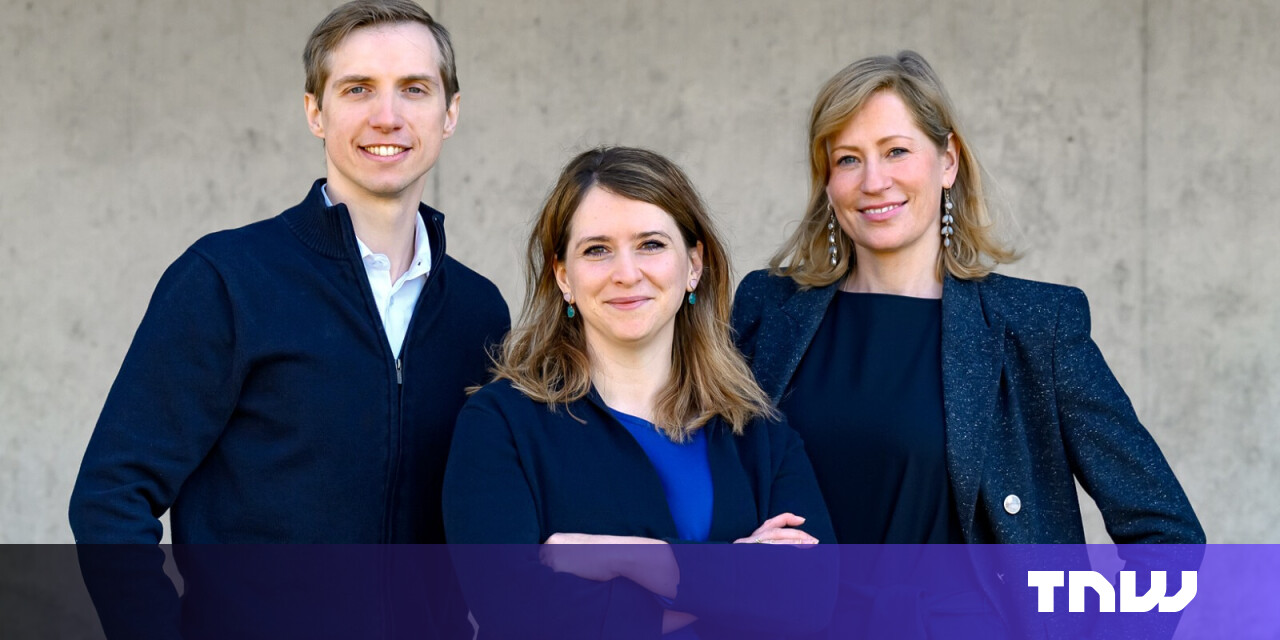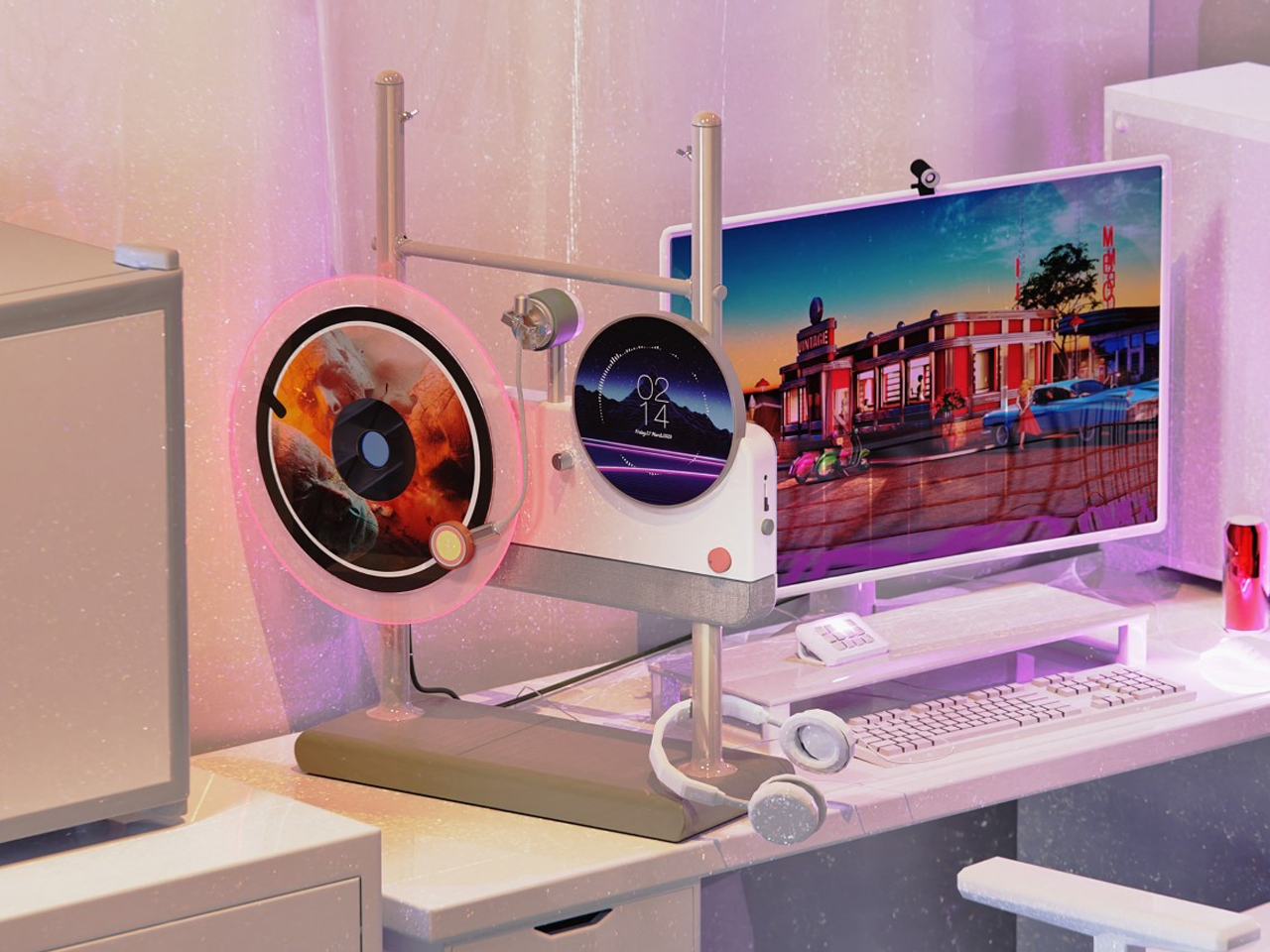Innovative German Startup Ovo Labs Aims to Transform IVF with Egg Rejuvenation Technology

Ovo Labs, a pioneering biotech startup based in Germany, has unveiled a groundbreaking approach to enhance fertility by developing new technologies aimed at "rejuvenating" human eggs. This innovative venture has the potential to significantly increase the chances of conception for couples undergoing in vitro fertilization (IVF), a medical procedure that has revolutionized reproductive medicine over the past several decades.
IVF, which first made headlines with the birth of the first test-tube baby over 40 years ago, has since facilitated the dreams of parenthood for millions of women around the globe. Despite its successes, the journey through IVF is often fraught with emotional, psychological, and financial challenges. Many patients find the experience to be not only stressful but also heart-wrenching, as initial attempts at conception can frequently be unsuccessful, leading to repeated cycles and, for some, the painful reality of never achieving pregnancy.
Recognizing these challenges, Ovo Labs aims to enhance the odds of success for IVF patients. Drawing on two decades of extensive fertility research, the startup has developed three sophisticated therapeutic treatments designed to minimize genetic errors in human eggs. Their ultimate goal is to "dramatically" increase the likelihood of conception in a single IVF attempt, thereby making the process less arduous and more rewarding for hopeful parents.
Professor Melina Schuh, a co-founder of Ovo Labs and a renowned fertility expert based at the Max Planck Institute in Munich, stated, By helping to increase the number of viable eggs, we aim to extend the reproductive window, empowering more couples to have children at a time that feels right to them. Her insights are backed by years of collaborative research with Dr. Agata Zielinska, a Polish-British fertility scientist, and Dr. Oleksandr Yagensky, a German biotech specialist, all of whom came together to form Ovo Labs in January.
The potential of Ovo Labs' technology is already evident; the startup has demonstrated its capacity to enhance egg quality in older mice and has achieved successful treatments on isolated human eggs. However, it is essential to note that the technology is not yet approved for human trials, which remains a significant hurdle that the company must overcome.
If Ovo Labs receives the necessary regulatory approvals, the founders are optimistic that their technology could become a standard practice within the IVF landscape. However, they acknowledge that this journey will take time, as the regulatory approval process for new medical treatments is notoriously lengthy and complex. Alongside time, financial support is also crucial for the startups growth.
In a promising development, Ovo Labs recently announced it has secured 4.6 million in its first round of external funding. Leading this investment round are Creator Fund and Local Globe, with additional participation from Blue Wire Capital, Ahren Innovation Capital, and angel investor Antonio Pellicer. Jamie Macfarlane, founder of the UK-based Creator Fund, expressed enthusiasm about the project, stating, It is inspiring to see European scientists of this calibre launch a company solving such a fundamental question facing humanity.
Schuh and Zielinska's collaborative efforts over the years, particularly their research at Bourn Hall Clinicthe world's first IVF center, which gained additional recognition from its recent feature in the Netflix movie Joyhave provided profound insights into the complexities of egg quality and the potential avenues for therapeutic intervention. According to data from the London Egg Bank, by the time a woman reaches the age of 40, more than 70% of her eggs are likely to carry genetic abnormalities, significantly complicating the chances of conception. Through their innovative treatments, Ovo Labs hopes to address these genetic errors, ultimately improving the odds of successful pregnancies.






















